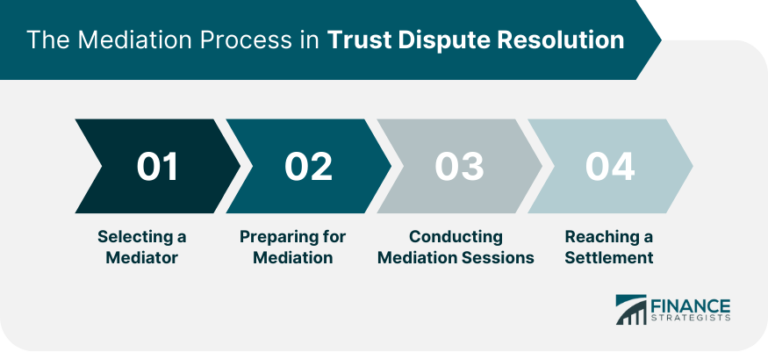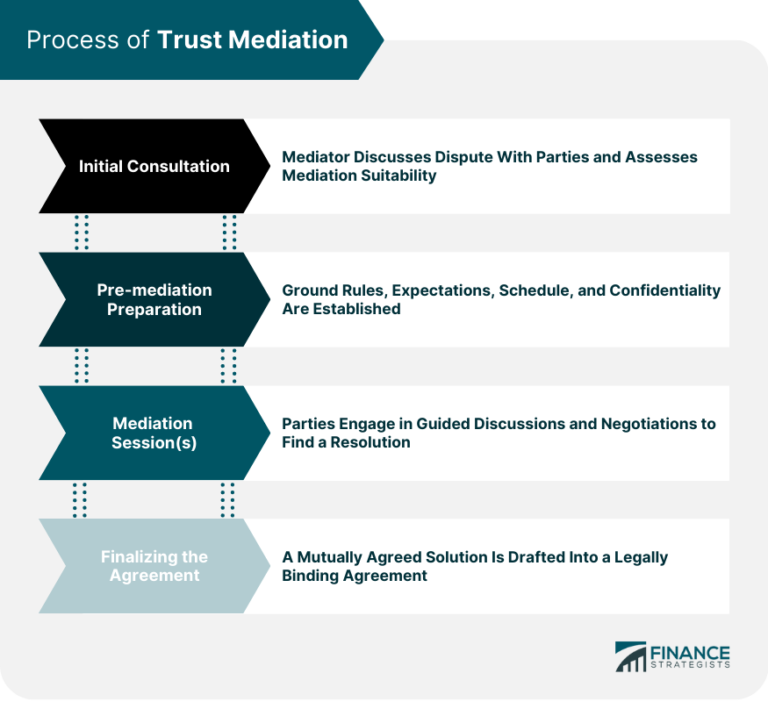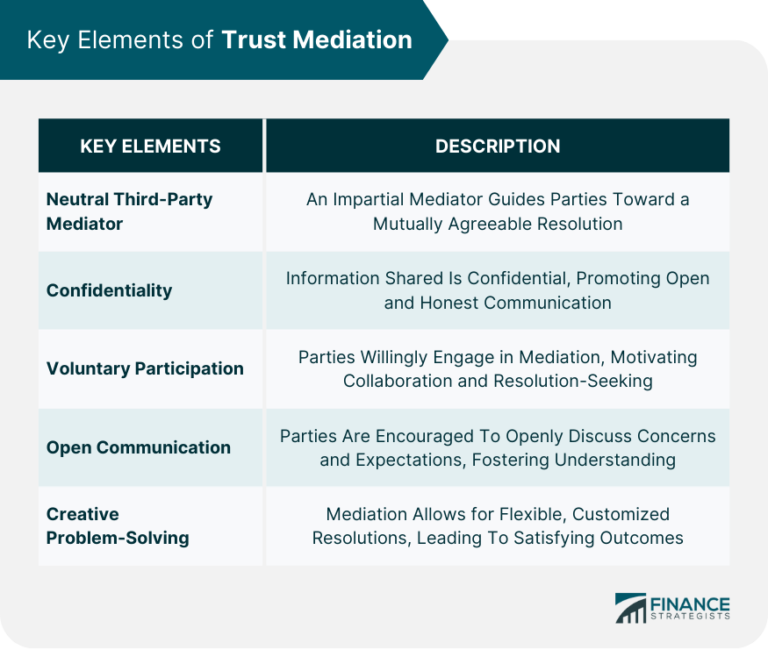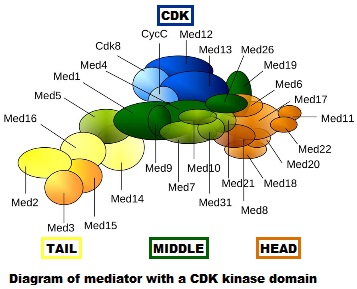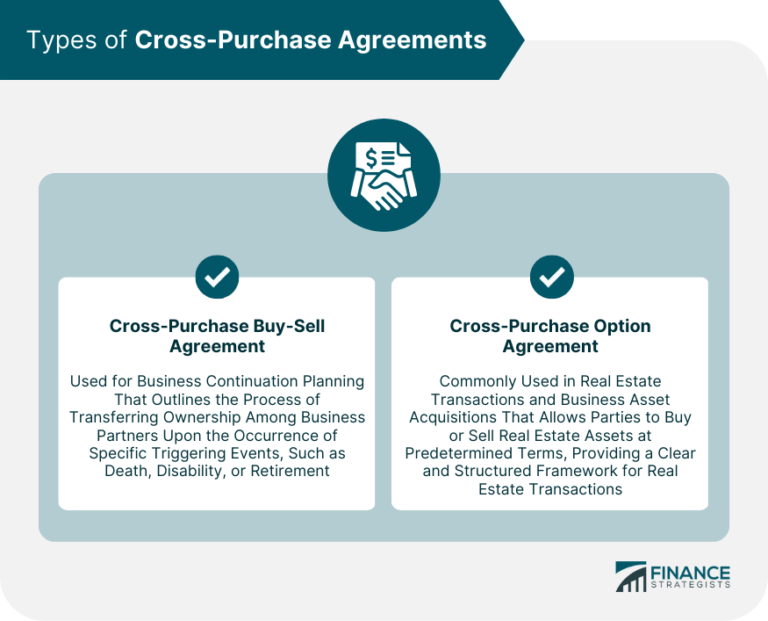Introduction
Definition of arbitration
Arbitration is a widely used method of dispute resolution that involves the use of a neutral third party, known as an arbitrator, to make a decision on a legal matter. It is an alternative to traditional court proceedings and offers a more efficient and cost-effective way to resolve conflicts. In arbitration, the parties involved have the opportunity to present their case and provide evidence, and the arbitrator’s decision is usually binding. This method of resolution is particularly popular in commercial disputes, where parties prefer a confidential and specialized process to settle their differences.
History of arbitration
Arbitration has a rich history that dates back to ancient times. The concept of resolving disputes through a neutral third party can be traced back to the ancient civilizations of Mesopotamia and Greece. In Mesopotamia, arbitrators were appointed by the king to settle commercial disputes, while in ancient Greece, arbitration was used to resolve conflicts between city-states. Over the centuries, arbitration has evolved and gained recognition as an effective alternative to traditional litigation. Today, it is widely used in both domestic and international disputes, offering parties a flexible and confidential way to resolve their differences.
Importance of arbitration
Arbitration plays a crucial role in resolving disputes and is of great importance in today’s globalized world. It provides parties with a flexible and efficient alternative to traditional court litigation. One of the key advantages of arbitration is its ability to maintain confidentiality, allowing parties to protect sensitive information and maintain business relationships. Additionally, arbitration offers a neutral forum for resolving disputes, ensuring a fair and impartial process. The enforceability of arbitration awards across different jurisdictions further enhances its significance. Overall, the importance of arbitration lies in its ability to provide parties with a reliable and effective method for resolving disputes in a global context.
Types of Arbitration

Commercial arbitration
Commercial arbitration is a widely used method of resolving disputes in the business world. It involves the parties involved in a commercial contract agreeing to submit their dispute to an impartial third party, known as an arbitrator, who will make a binding decision. This alternative to litigation offers several advantages, including confidentiality, flexibility, and the ability to choose an arbitrator with expertise in the specific industry or subject matter of the dispute. Commercial arbitration provides a faster and more cost-effective way to resolve disputes, allowing businesses to avoid lengthy court proceedings and maintain their commercial relationships.
Labor arbitration
Labor arbitration is a crucial aspect of resolving disputes between employers and employees. It involves the use of a neutral third party, known as an arbitrator, who listens to both sides of the argument and makes a binding decision. The purpose of labor arbitration is to ensure fair and impartial resolution of conflicts related to employment, such as grievances, contract interpretation, and disciplinary actions. It provides a cost-effective and efficient alternative to litigation, allowing both parties to avoid the lengthy and expensive process of going to court. Labor arbitration plays a vital role in maintaining harmonious labor relations and upholding the rights and interests of both employers and employees.
International arbitration
International arbitration is a widely used method for resolving disputes between parties from different countries. It provides a neutral forum for parties to present their cases and have them decided by an impartial arbitrator or panel of arbitrators. The flexibility and confidentiality of international arbitration make it an attractive option for businesses and individuals involved in cross-border transactions. Additionally, the enforceability of international arbitral awards under the New York Convention ensures that parties can have confidence in the finality and enforceability of the arbitration decision. Overall, international arbitration offers a fair and efficient alternative to traditional litigation for resolving international disputes.
Arbitration Process

Initiating arbitration
Initiating arbitration is the first step in the arbitration process. It involves the party who wishes to initiate the arbitration (referred to as the claimant) formally notifying the other party (referred to as the respondent) of their intention to arbitrate the dispute. This notification is typically done through a written notice, which outlines the details of the dispute, the desired outcome, and any supporting evidence. The initiation of arbitration sets the stage for the formal resolution of the dispute through the arbitration proceedings.
Selection of arbitrators
The selection of arbitrators is a crucial step in the arbitration process. It involves choosing individuals who have the necessary expertise, experience, and impartiality to effectively resolve the dispute. The parties involved in the arbitration typically have the opportunity to nominate potential arbitrators, who are then vetted and selected based on their qualifications. The selection of arbitrators is important to ensure a fair and unbiased resolution of the dispute, as the arbitrators play a key role in determining the outcome. It is essential that arbitrators possess the necessary knowledge and understanding of the applicable laws and regulations, as well as the specific industry or subject matter involved in the dispute. The selection process should aim to appoint arbitrators who are independent, neutral, and capable of conducting the arbitration proceedings in an efficient and effective manner.
Arbitration hearing
Arbitration hearing is a crucial stage in the arbitration process. It is during this stage that the parties involved present their arguments and evidence to a neutral arbitrator or a panel of arbitrators. The arbitrator(s) carefully listen to both sides, evaluate the evidence, and make a binding decision. The arbitration hearing provides an opportunity for the parties to present their case in a structured and formal setting, ensuring fairness and impartiality. It is a key element in the resolution of disputes outside of the traditional court system.
Advantages of Arbitration

Confidentiality
Confidentiality is a crucial aspect of arbitration proceedings. It ensures that the information shared and discussed during the arbitration process remains private and protected. This allows parties involved to freely express their thoughts, concerns, and evidence without the fear of it being disclosed to the public. Confidentiality in arbitration promotes trust and encourages open and honest discussions, ultimately leading to the fair resolution of disputes. Parties can have confidence that their sensitive and proprietary information will be safeguarded, making arbitration an attractive alternative to traditional litigation.
Flexibility
Arbitration offers a high level of flexibility compared to traditional court proceedings. Parties involved in a dispute have the freedom to choose the arbitrators, the rules of procedure, and the place of arbitration. This flexibility allows for a more tailored and efficient resolution process, as the parties can select arbitrators with expertise in the specific subject matter of the dispute. Additionally, the parties have the ability to schedule hearings and determine the timeline of the arbitration, providing them with greater control over the overall process. The flexibility of arbitration also extends to the confidentiality of the proceedings, allowing parties to keep sensitive information private. Overall, the flexibility of arbitration makes it an attractive alternative to litigation for resolving disputes.
Cost-effectiveness
Arbitration is known for its cost-effectiveness compared to traditional litigation. Parties involved in a dispute can save significant amounts of time and money by opting for arbitration. Unlike court proceedings, arbitration allows for more flexibility in terms of scheduling and procedures, which can lead to faster resolution of disputes. Additionally, arbitration eliminates the need for extensive pre-trial preparation and reduces the overall duration of the dispute. The cost-effectiveness of arbitration makes it an attractive alternative for businesses and individuals seeking efficient and affordable resolution of their disputes.
Disadvantages of Arbitration

Limited appeal options
Limited appeal options in arbitration make it a final and binding process. Unlike court litigation, where parties have the option to appeal a decision, arbitration offers very limited grounds for appeal. This means that once an arbitration award is issued, it is generally not subject to review or modification by a court. The limited appeal options in arbitration provide parties with a quicker and more efficient resolution of their disputes, as well as a finality to the process.
Lack of formal discovery
Lack of formal discovery in arbitration is both a benefit and a drawback. On one hand, the absence of formal discovery allows for a more streamlined and efficient process, saving time and costs. Parties can avoid the lengthy and often contentious process of exchanging documents and conducting depositions. On the other hand, the lack of formal discovery may limit the parties’ ability to fully investigate and gather evidence. This can potentially result in an imbalance of information and affect the overall fairness of the arbitration. It is important for parties to carefully consider the trade-offs and weigh the benefits and drawbacks when choosing arbitration as a dispute resolution mechanism.
Enforceability of awards
The enforceability of awards is a crucial aspect of arbitration. Once an award is rendered by an arbitral tribunal, it is essential that it can be enforced and recognized by the courts of different jurisdictions. The New York Convention on the Recognition and Enforcement of Foreign Arbitral Awards provides a framework for the enforcement of arbitral awards globally. This convention ensures that parties to an arbitration agreement can have confidence that their awards will be recognized and enforced in over 160 countries. The enforceability of awards is vital for the effectiveness and credibility of the arbitration process, as it allows parties to obtain the benefits of their arbitration agreement and ensures that the finality of the award is respected.
Conclusion

Summary of key points
Arbitration is a method of resolving disputes outside of traditional court systems. It involves the use of an impartial third party, called an arbitrator, who listens to both sides of the dispute and makes a binding decision. The key advantage of arbitration is its flexibility and confidentiality. It allows parties to choose their own arbitrator and tailor the process to their specific needs. Additionally, arbitration awards are generally enforceable in most countries, providing a sense of finality to the resolution. However, it is important to note that arbitration is not suitable for all types of disputes, particularly those involving complex legal issues or public policy considerations. Overall, arbitration offers a viable alternative to litigation for parties seeking a faster, more private, and potentially cost-effective resolution to their disputes.
Future of arbitration
The future of arbitration is promising, with advancements in technology and a growing global economy. As businesses continue to expand across borders, the need for efficient and effective dispute resolution mechanisms becomes even more crucial. Arbitration offers a flexible and confidential process that allows parties to resolve their disputes outside of traditional court systems. With the development of online platforms and virtual hearings, arbitration is becoming more accessible and convenient, saving time and costs for all parties involved. Additionally, the enforceability of arbitration awards in multiple jurisdictions further strengthens its appeal. As the demand for international commercial transactions continues to rise, arbitration is expected to play a significant role in shaping the future of dispute resolution.
Final thoughts
In conclusion, arbitration is a valuable alternative to traditional litigation for resolving disputes. It offers parties a more flexible and confidential process, often resulting in faster and more cost-effective resolutions. Additionally, arbitration allows parties to select arbitrators with expertise in the subject matter of the dispute, ensuring a more informed decision. However, it is important to carefully consider the specific circumstances and requirements of each case before deciding to pursue arbitration. Overall, understanding the benefits and limitations of arbitration can help parties make informed decisions and achieve fair and efficient resolutions.

